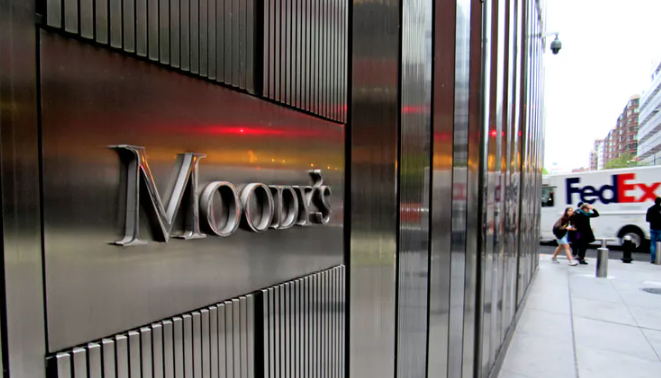[ad_1]
Improved South African performance on tax collection coupled with increased commodity prices are resulting in a turnaround in public finances, Moody’s lead analyst for South Africa Aurélien Mali tells The Africa Report.
Government efforts on fiscal consolidation over the last two years mean that “the fiscal outlook has improved,” Mali says from Dubai. Civil servant pay increases, one of the main drivers of public spending over the last decade, have been restricted to less than inflation, he says.
The undermining of tax office autonomy played a key part in weakening South Africa’s public finances. The first part of this year’s Zondo report into corruption under former President Jacob Zuma finds that the South Africa Revenue Service (SARS) “offers one of the clearest demonstrations of state capture as observed in other SOEs and state institutions.” Competent officials were purged in favour of compliant replacements, and a “pattern of procurement corruption” took hold, the report says.
The fact that Zuma has been imprisoned attests to the resilience of South Africa’s institutions, Mali says. Moody’s rates the strength of South African legislative, executive and judicial institutions as “baa”, in line with sovereigns like Brazil, Morocco and Serbia.
- SARS commissioner Edward Kieswetter, appointed by President Cyril Ramaphosa in 2019, has said that public confidence in the agency remains short of the levels needed to maximise tax compliance.
- Still, improved SARS performance should bring tax revenue more into line with budget forecasts, and compliance will continue to improve from 2023, according to research from Moody’s in May.
- Mali says “it will take time” for SARS to return to its pre-level Zuma of performance. He expects that debt including the liabilities of state-owned enterprises (SOEs) will stabilise at around 80% of GDP, and 70% if SOEs are excluded.
‘Low-Growth Trap’
Moody’s in April raised the outlook on South Africa’s ‘Ba2’ debt rating to “stable” from “negative”. “We would likely upgrade the rating if South Africa demonstrated significant progress in alleviating structural constraints on growth,” Moody’s said in May.
The country remains in a “low-growth trap,” hampered by poor infrastructure and the performance of state-owned Eskom, Mali says. Power generation at Eskom remains well below 2019 levels. The utility “can’t function by continuing to accumulate unpaid municipality debts” and the state will need to find a solution, he says.
Unemployment remains very high despite a slight drop in the first quarter. Investment, notably in mining, is being held back by infrastructure failings, Mali says. Rail operator Transnet is “working badly” and is hampered by theft and sabotage, while exports are held back by weak port performance.“These are not things that can be fixed quickly.”
Higher commodity prices triggered by the Russia-Ukraine war are providing a tailwind for public finances, creating a window of opportunity for further reforms, Mali says. “This is going to continue to play favourably for South Africa.”
Favourable prices for exports and the political will to overhaul the economy are both possibly short-term factors, while the infrastructural failings are not going to vanish overnight. But Mali is confident that support for Ramaphosa is strong enough to give him enough time for wide-ranging reform.
- The ANC conference at the end of the year will be crucial in policy terms, Mali says.
- He is confident that Ramaphosa has established clear control over the ANC, and won’t face any problems in running for a second term.
The Bottom Line
South Africa needs to use the opportunity provided by commodity prices if Ramaphosa’s vision of a reformed and modernised economy is to become a reality.
Understand Africa’s tomorrow… today
We believe that Africa is poorly represented, and badly under-estimated. Beyond the vast opportunity manifest in African markets, we highlight people who make a difference; leaders turning the tide, youth driving change, and an indefatigable business community. That is what we believe will change the continent, and that is what we report on. With hard-hitting investigations, innovative analysis and deep dives into countries and sectors, The Africa Report delivers the insight you need.
[ad_2]
Source link

